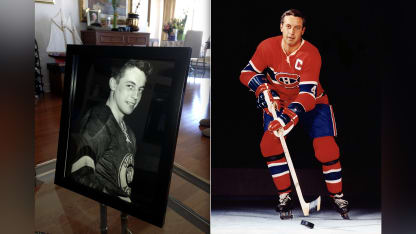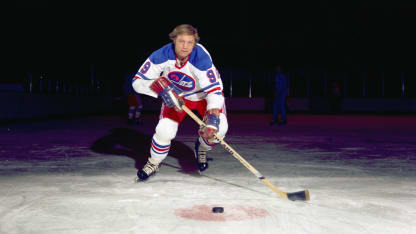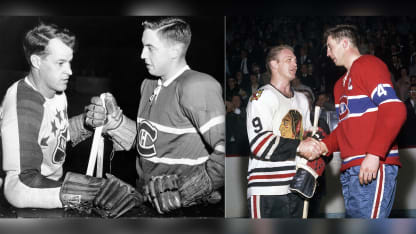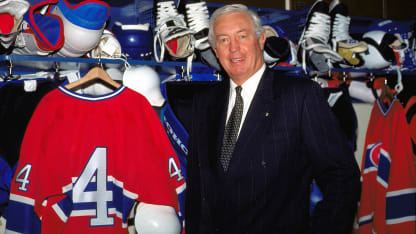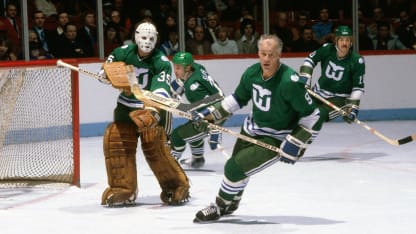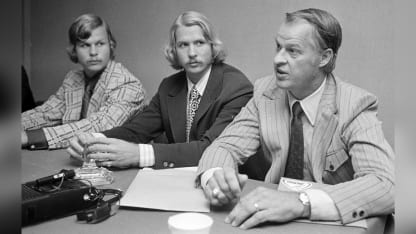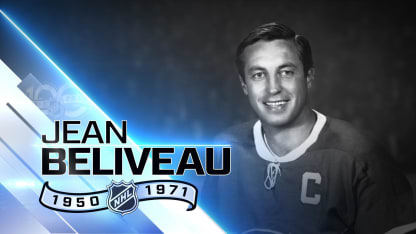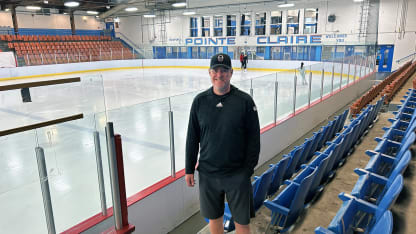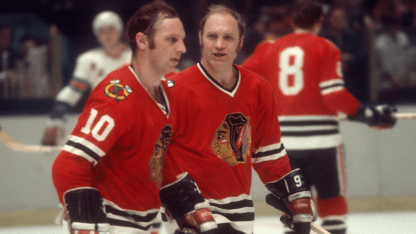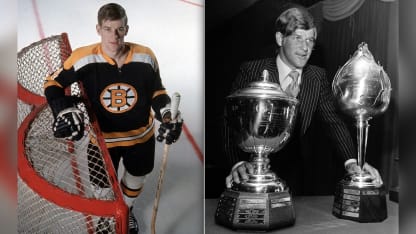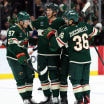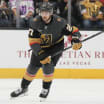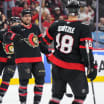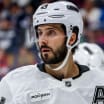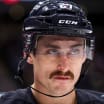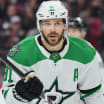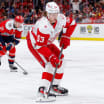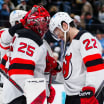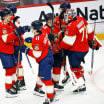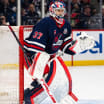The fledgling World Hockey Association already had scored two highlight-reel goals and now it was bidding on perhaps the greatest hat trick of all time.
But this July week in 1973, when Jean Beliveau saw the yawning WHA net, he chose instead to pass.
Future Hall of Famer Bobby Hull had made the jump from the Chicago Black Hawks to the Winnipeg Jets in June 1972. The electrifying left wing, who won the Stanley Cup in Chicago in 1961, gave the WHA instant credibility when he signed a 10-year playing and personal services contract that, with expected endorsements, was worth an estimated $3 million.
Gordie Howe had concluded a magnificent 25-season career with the Detroit Red Wings in 1971, and the traditional three-year waiting period was waived for his 1972 Hall of Fame induction.
But the Houston Aeros of the WHA came calling in June 1973 and Mr. Hockey, who had won the Stanley Cup four times with Detroit during the 1950s, was happy to answer, along with his family.
